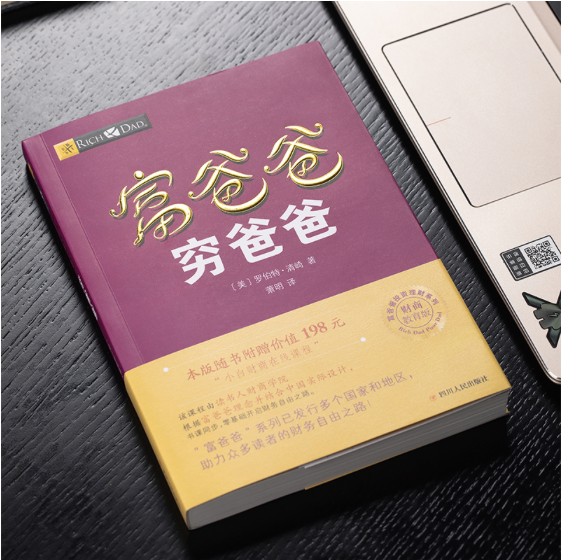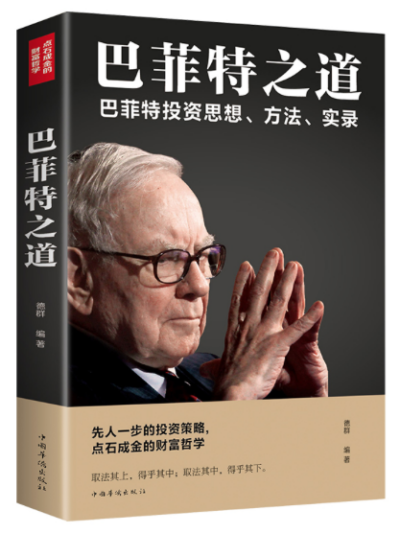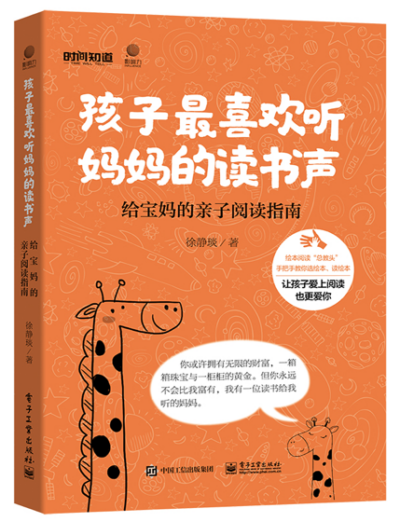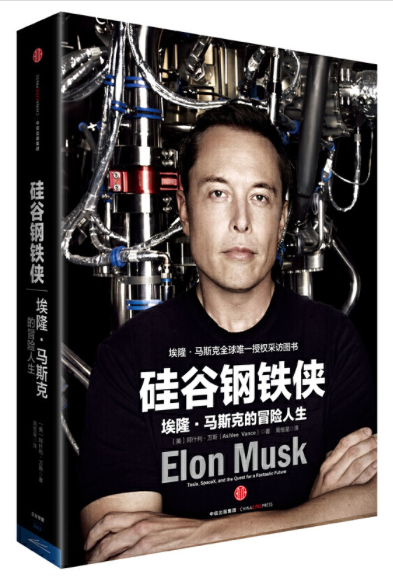rich dad poor dad
Kiyosaki has two dads :“ Poor dad ” It's his own father , A highly educated education official ;“ Rich dad ” It's his good friend's father , An entrepreneur who didn't graduate from high school but was good at investing and managing money . Kiyosaki followed the life path designed for him by his "poor dad": going to college, serving in the military, participating in the Vietnam War, and going through the ordinary early stages of life. Until 1977, Kiyosaki witnessed with his own eyes that his “poor dad” who had worked hard all his life lost his job, and his “rich dad” became a rich man in Hawaii. Kiyosaki resolutely followed in the footsteps of his "rich dad", stepped into the business world, and boarded the express train to get rich ever since.
Kiyosaki used personal wealth stories to demonstrate the completely different views on money and wealth of "poor dad" and "rich dad":Poor people work for money, rich people make money work for them!
€ 19,42
Availability: Only 2 left in stock

hindsight
20 years later



Thanks, great 20 years
To all readers, past, present, and future...
Everyone in Rich Dad's Company is saying:
"Thanks, great 20 years!"
It is our mission to improve the money happiness index of human beings.
Once started, it is a lifetime.
You must be logged in to post a review.
Related products
-
The Buffett Way
€ 7,71











Reviews
There are no reviews yet.